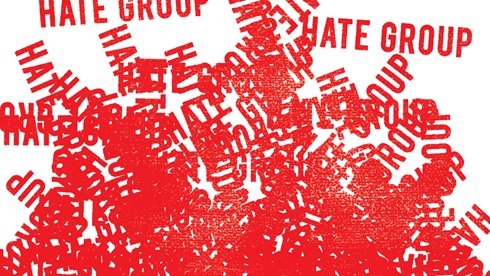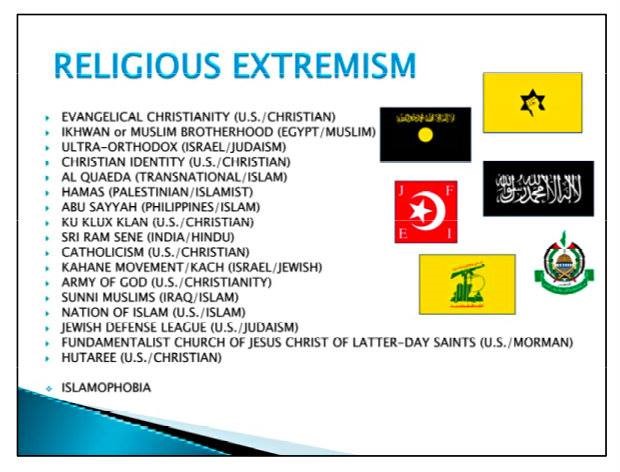Organization Trends
The SPLC’s No Good, Very Bad Day
 Image credit: Focus on the Family. goo.gl/FihzM5
Image credit: Focus on the Family. goo.gl/FihzM5

The Southern Poverty Law Center (SPLC) has had a rough year.
After being falsely labeled an “anti-Muslim extremist” in an SPLC field guide, British activist Maajid Nawaz—himself a practicing Muslim and former member of the Islamic extremist group Hizb ut-Tahrir—sued SPLC over libel, winning $3.4 million. The settlement represents a modest chunk of change for the fabulously wealthy “poverty law” group—as CRC’s Matthew Vadum first reported, the SPLC’s latest tax filings show revenues of $136 million in 2016 to top off its whopping $477 million in assets, meaning the SPLC is worth nearly half-a-billion dollars.
But it also marks a defeat for the once-respected group, a sign that many groups and individuals are starting to push back against the SPLC’s notorious smear campaign.
Until recently, the SPLC could rightly call itself the leading anti-extremist watchdog and hate group litigator in the United States. After successful pro bono campaigns in the 1970s led by its heroic team of lawyers to desegregate the all-white Alabama Highway Patrol, abolish Jim Crow-era laws, and sue the Ku Klux Klan practically out of existence, the SPLC might have packed up and gone home, mission accomplished. That isn’t what happened, though.
Instead, co-founder Morris Dees found new targets. He changed the group’s mission from fighting hate to spreading hate, going so far as to smear respected conservative and mainstream organizations as “hate groups” for not sharing Dees’ far-left ideology. The shift to Dees’ anti-conservative agenda was so drastic that SPLC’s entire legal staff resigned in 1986.
Now the SPLC sows extremism from its $15 million “poverty palace” headquarters in Montgomery, Alabama, raking in vast donations—$136 million in 2016—off of the respect it earned fighting actual hate groups decades ago. Its rhetoric is so vitriolic that the group’s data has inspired violence against conservatives—like shooter Floyd Lee Corkins, who used the SPLC “hate map” to identify and assault Family Research Council’s (FRC) headquarters in 2013 for being “anti-gay.” Another shooter, James Hodgkinson, shot House Republican Whip Steve Scalise last summer; it was later discovered that Hodgkinson followed SPLC’s work on social media.
Sadly, the FRC and Scalise aren’t the only victims of the SPLC’s libelous slurs against anyone who doesn’t share its far-left vision. Like Nawaz, Ayaan Hirsi Ali has been called an “anti-Muslim extremist” by the SPLC. Ali is a respected scholar and Somali-born feminist, but her criticism of Islamic female genital mutilation was apparently enough to land the former Muslim on the SPLC’s “Field Guide to Anti-Muslim Extremists,” which she’s criticized in leading outlets like the New York Times.
Fortunately, that’s not the end of the story.
Last July, CRC played a key role in the effort to stop the nonprofit tracker Guidestar from using SPLC’s data to flag certain right-of-center nonprofits like the religious liberty group Alliance Defending Freedom as “hate groups,” leading Guidestar to wisely choose preserving its hard-earned neutrality over joining SPLC’s ideological crusade.
In another victory, the Department of Defense removed the SPLC’s discredited “religious extremism” data, which compared Christians and Orthodox Jews with al Qaeda from its training manuals. Even liberal Dana Milbank denounced SPLC’s shameful antics in a Washington Post article appropriately entitled, “Hateful speech on hate groups.”
Nawaz’ victory has made it clear that the SPLC is fast losing public credibility. In June, the religious freedom litigator Liberty Counsel told PJ Media that 60 other organizations falsely labeled “hate groups” are considering suing the SPLC. With luck, they’ll move forward—and be joined by dozens of other victims of the Southern Poverty Law Center’s smear factory.




